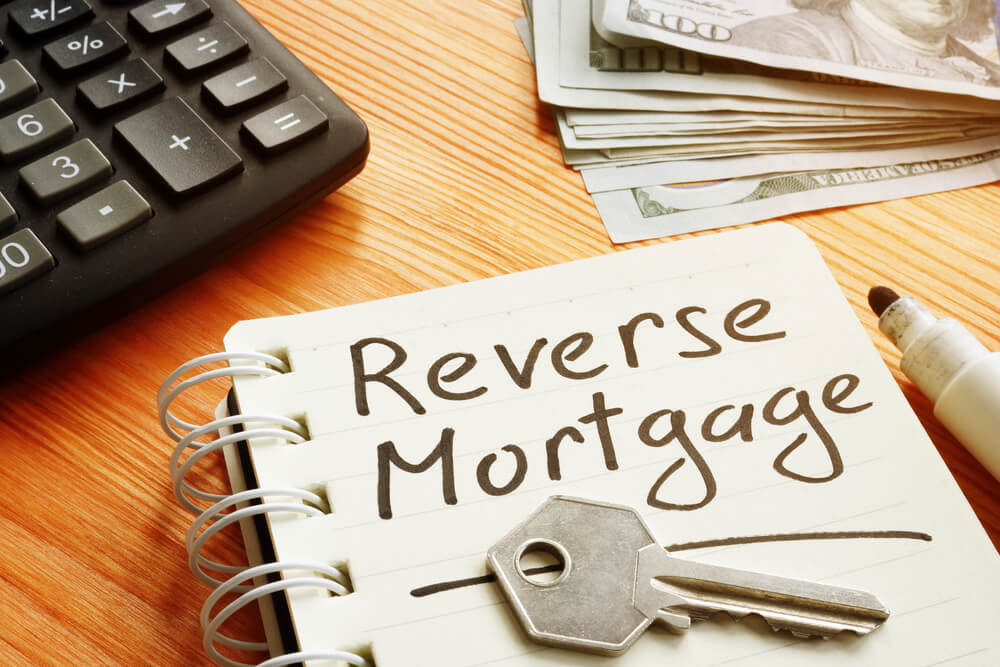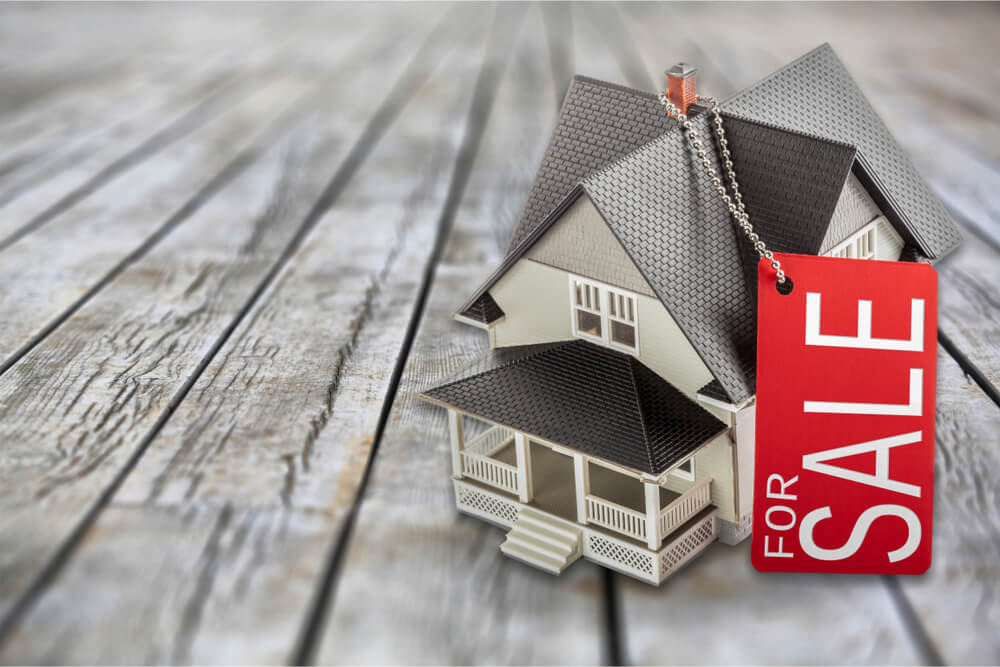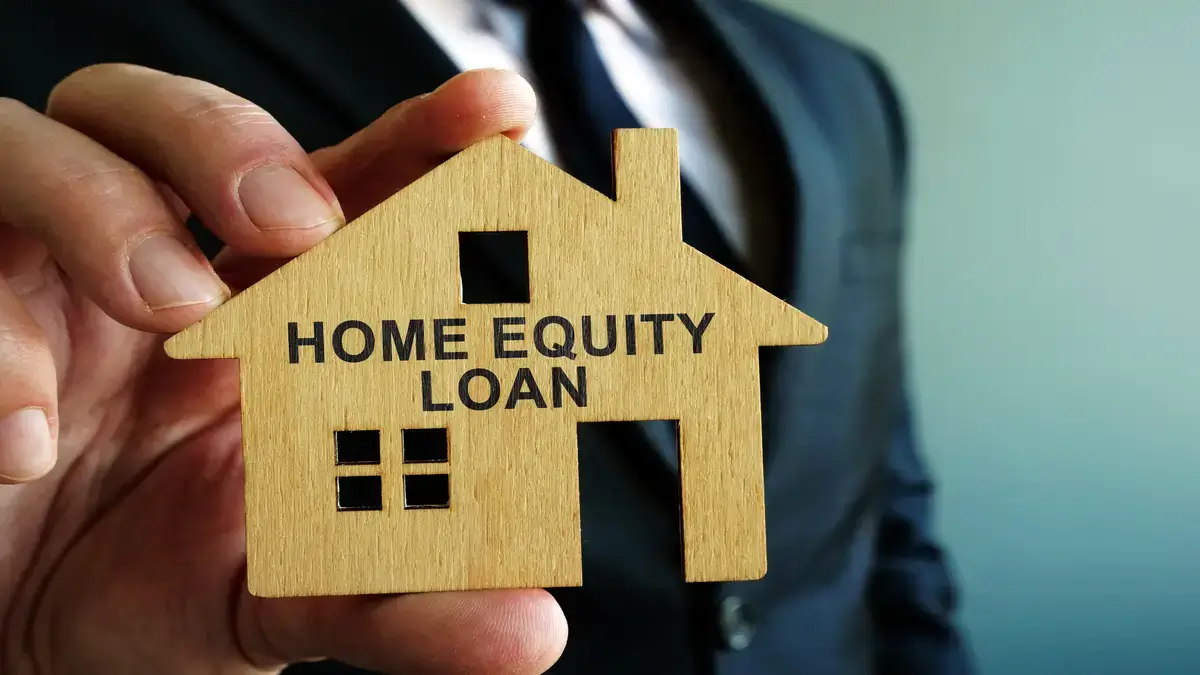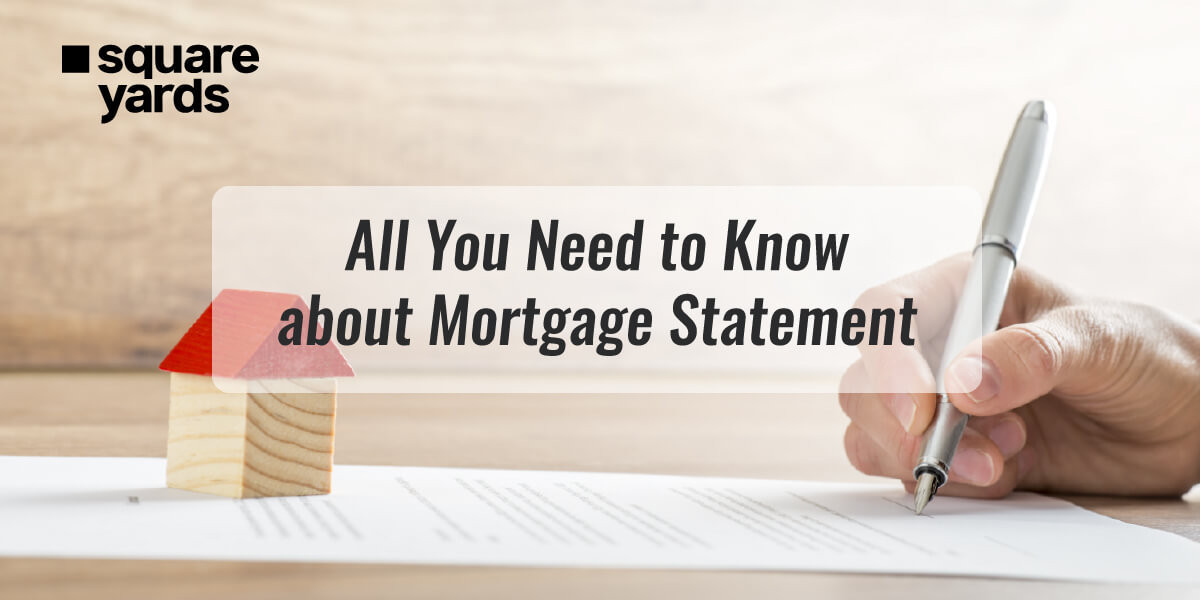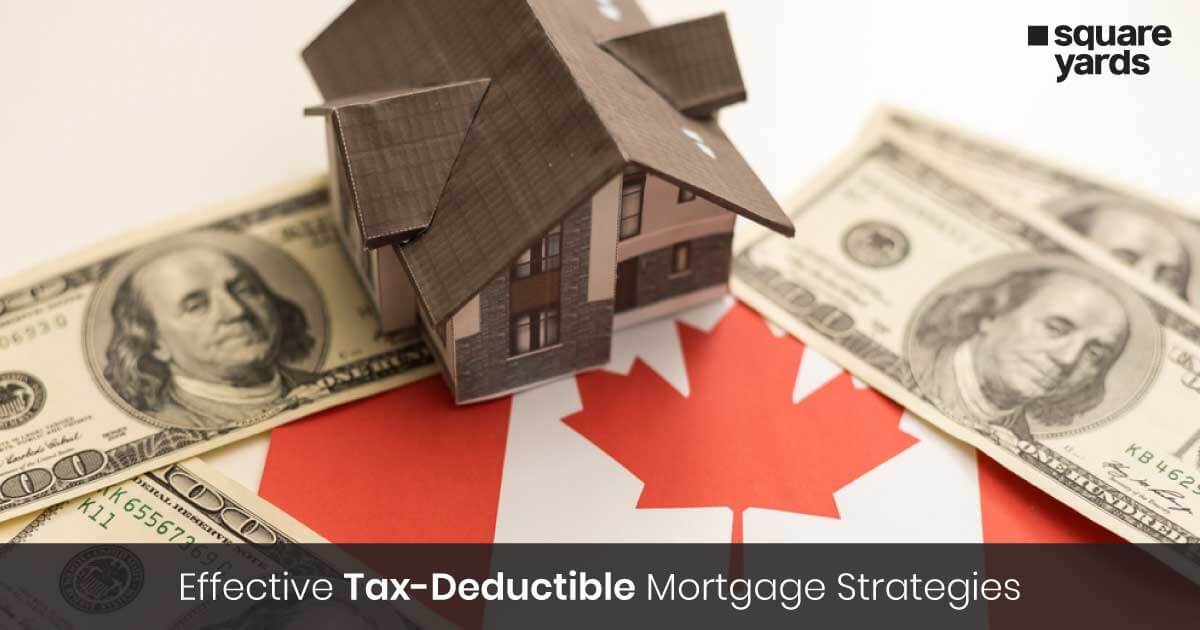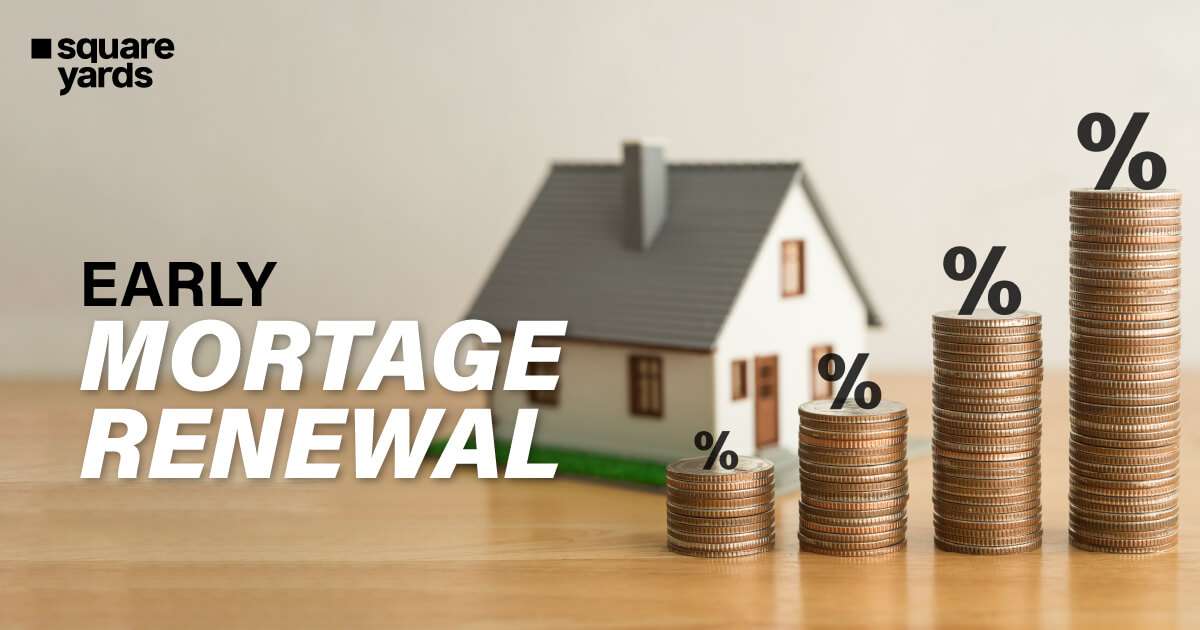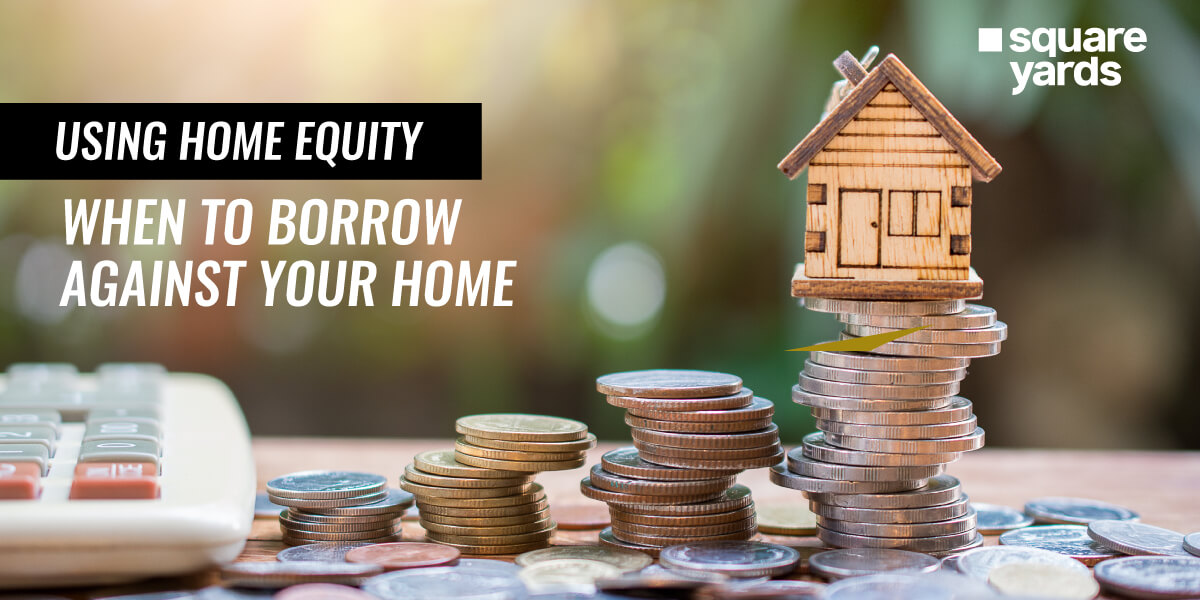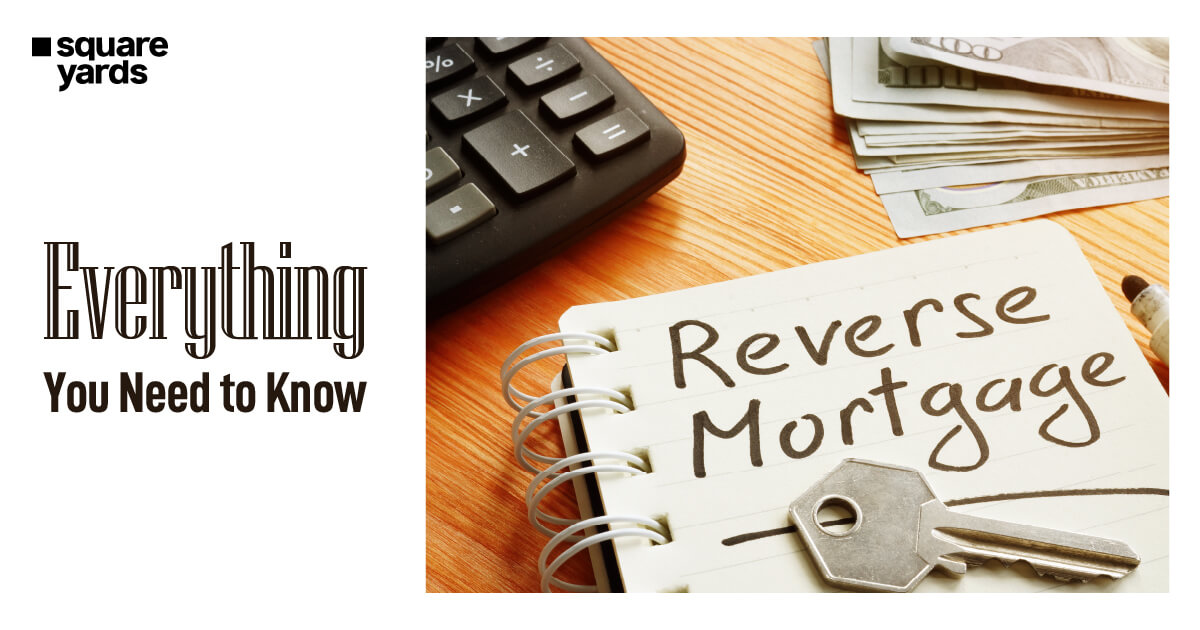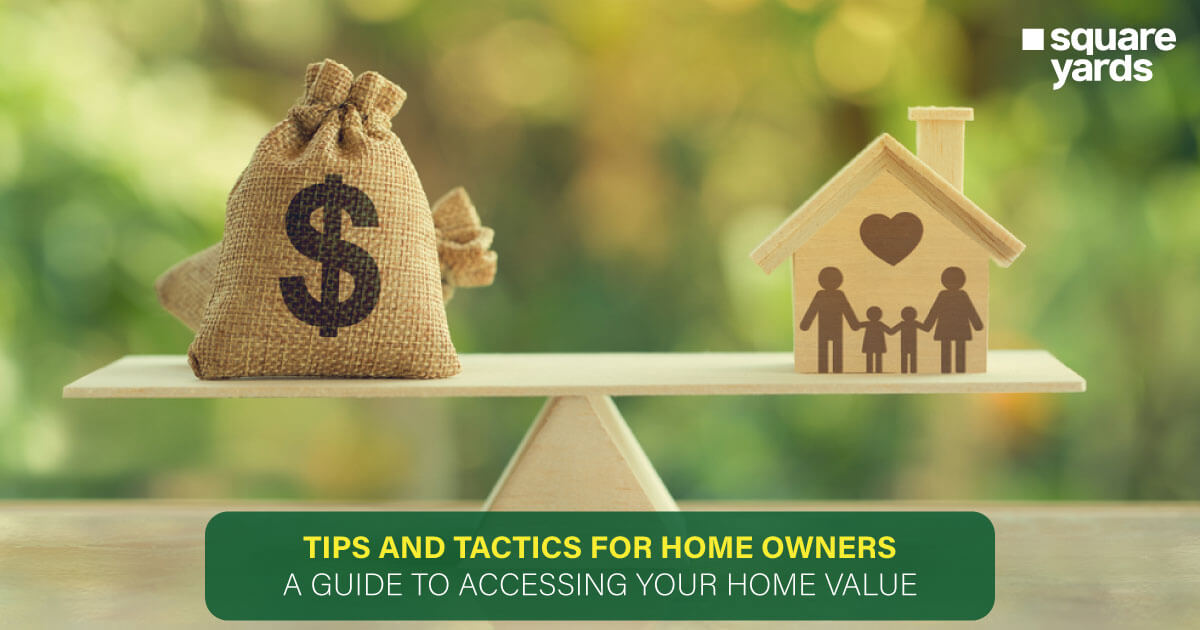Many homeowners are interested in reverse mortgage loan, and while they might be popular, they may not be the most suitable option for every homeowner. Instead, a homeowner may leverage the value of their home to finance unexpected expenses, with some methods being more successful than others.
By August 2022, over 1.21 million families had their financial needs assisted by a reverse mortgage insured by the FHA. However, a reverse mortgage may not be necessary or appealing to retirees.
What is a Reverse Mortgage Loan?
With a reverse mortgage loan, seniors 62 years of age or older can access the value of their homes for financial purposes. Depending on your loan terms, you may receive either a monthly payment or a loan line of credit.
It allows homeowners to remain in their houses while still receiving a monthly payment. Your mortgage payment will be due if you sell your house, fall behind on property taxes or homeowner’s insurance, become uninhabitable, or pass away. Any remaining amount will be paid to you or your heirs.
Reverse mortgages may cause complications if not handled correctly, and you or your heirs may lose the house if they cannot repurchase it from the bank after you pass away. Reverse mortgages have their perks, but they also have their drawbacks.
Reverse Mortgage Alternatives
Reverse mortgages have their perks, but they also have their drawbacks. After carefully researching, you must make this choice because dishonest lenders may present a threat. However, reverse mortgages aren’t the only available option, and you should consider the following alternatives:
-
Sell Your House or Downsize
Homeowners are particularly drawn to reverse mortgages because they enable them to remain in their current residences. However, downsizing may be a viable solution if that is not your top priority.
When you’re ready to relocate, you can sell your house to cash in on its value. Selling your house and using the proceeds to purchase a smaller, more affordable home, or to rent, will allow you to save up some money, which can be used towards other goals. The benefits of downsizing include ease of maintenance, reduced utility costs, and possibly lower property taxes, depending on the location and the type of house purchased.
-
Refinance Your Previous Mortgage
Although refinancing isn’t a new practice, homeowners might want to consider it if they want to reduce their mortgage payments or have more funds.
One of the main reasons people refinance is to lower their mortgage interest rate. You’ll spend less money overall, make smaller monthly payments, and increase your home’s equity more rapidly. In addition to keeping your house and the equity it accumulates, refinancing offers other advantages over reverse mortgages.
Alternatively, you can refinance your home for up to 80% cash-out if you need a huge sum of money immediately, and your interest rates will also be low. Refinance loans, however, take into account both your credit history and your income. So, if you have good credit, you might qualify for low-interest rates.
If you intend to refinance, it’s crucial to understand the closing fees involved. You may be offered a discount on the closing fees by the lender as an incentive, but you should consider whether or not it’s worth it.
-
Take Out a Home Equity Line of Credit (HELOC)

A Home Equity Line of Credit (HELOC), sometimes called a second mortgage, lets you take a revolving credit line against your house’s value. It’s similar to a reverse mortgage line of credit in which you don’t get the proceeds immediately but instead receive a revolving line of credit from which you can withdraw up to an agreed-upon amount as needed.
Your house will be put up as collateral, so eventually, you’ll have to repay it when the line of credit expires. Home equity line of credit work similar to credit cards, so be careful with them. You risk losing your house if you are unable to pay off your mortgage or if you don’t make the loan payments on time.
HELOCs allow homeowners to pay interest on the funds they withdraw, rather than paying interest on the entire loan amount. Home equity loans are tax deductible and can be used for the same purposes as traditional mortgages. When you need substantial money for debt consolidation, house improvements, etc., such loans can be helpful.
Since HELOCs have variable interest rates, the amount you owe each month might increase or decrease depending on the market. If this happens in the future, you must consider whether you will still be able to make the payments.
-
Apply for Home Equity Loan
A home equity loan is another option for getting a second mortgage since it lets you borrow money against the value of your home. With a home equity loan, the amount is received all at once, unlike with a HELOC.
Home equity loans have set monthly payments for the duration of the loan, while reverse mortgage loan don’t require you to make monthly payments. However, a risk associated with this option is that you have to put your home up as collateral, which can be dangerous. You may lose your house if you can’t keep up with the mortgage payments.
Like a traditional reverse mortgage loan, a home equity loan is a way to borrow money against the value of your property. However, it is paid in one lump sum and cannot be refinanced.
Home equity loans usually have fixed interest rates, which protect you from future interest rate hikes. This is why they have a higher interest rate than HELOCs. This is one of the differences between home equity and HELOCs. Your house remains an asset for you and your family.
It was once possible to deduct the interest paid on your home equity loan or line of credit against your taxes. However, the 2017 Tax Cuts and Jobs Act restricted the eligibility of home equity loan deductions. To be able to deduct the interest on a home equity loan from your taxable income beginning in 2018, you must use the interest for one of the qualified purposes. As a result of this change, interest can only be deducted on loans with a value of $750,000 or less.
-
Make Money from Your Extra Room
Your choice of renting out a portion of your house depends on your convenience. For instance, you can earn extra income or reduce your monthly expenses by renting out a part of your home. One might choose to rent a place with no communal rooms or one with shared kitchen and bathroom facilities.
If you have a property, you can rent it temporarily or permanently by using websites like Vrbo, FlipKey, or Airbnb. Making additional money by sharing one’s home, or “house hacking,” can also help you pay for necessities like food and shelter. In addition, you can save money on utilities by splitting the payment or including it with rent if you have long-term tenants.
Having a tenant live with you may make you feel more secure and provide possible support in an emergency. Nevertheless, you should conduct thorough background and credit checks on potential tenants for your financial and personal security.
-
Leaseback the House
A reasonable option to continue living in your current house might be to sell the house to close friends or relatives and then rent it back from them. In this case, you can afford to stay put owing to your regular mortgage payments. If you sell the house at a price lower than its market value, it will likely get sold. Another option would be to sell half of it for cash or arrange a mortgage to be paid monthly.
In some circumstances, it might make sense to sell your house to a relative and then rent it back from them. In exchange for using your home, you and a loved one may agree to accept a flat sum payment or monthly rent payments through a sale-leaseback arrangement.
Consult a lawyer and ensure everything is in written documentation.
Conclusion
In reverse mortgages, retirees don’t have to worry about mortgage payments, freeing up substantial amounts of cash every month. However, these loans can be complicated, making it imperative that the borrower understands how important it is to pay property taxes and insurance and fix the house.
Despite its benefits, some borrowers may wish to explore other options. Continuously research, compare prices, and speak to an expert, such as a tax counsellor or a lawyer, before settling on a particular loan type.
The benefits and drawbacks of these loans should be carefully weighed before you commit to one so as to avoid any consequences in the long run.
You May Also Read
| Real Estate Mortgage Process | Reverse Mortgage Scam |
| Reverse Mortgage in Canada | Mortgage Stress Test in Canada |
Frequently Asked Question (FAQs)
Reverse mortgages are only available to those 62 years or older and have a good amount of home equity.
You can check the qualifying amount for a mortgage by calculating the amount on any online calculating tool.
The current interest rate for reverse mortgages in Canada is between 4.81% and 5.81% on average.
A forward mortgage is used to buy a home, while a reverse mortgage allows property owners with large equity in their home to borrow money when needed.
Yes, you can sell the home even if there is a reverse mortgage. What is the eligibility for reverse mortgage?
How can I check the qualifying amount for a mortgage?
What is the current interest rate for reverse mortgages?
What is the difference between a forward mortgage and a reverse mortgage?
Can I sell my home if I have a reverse mortgage?


